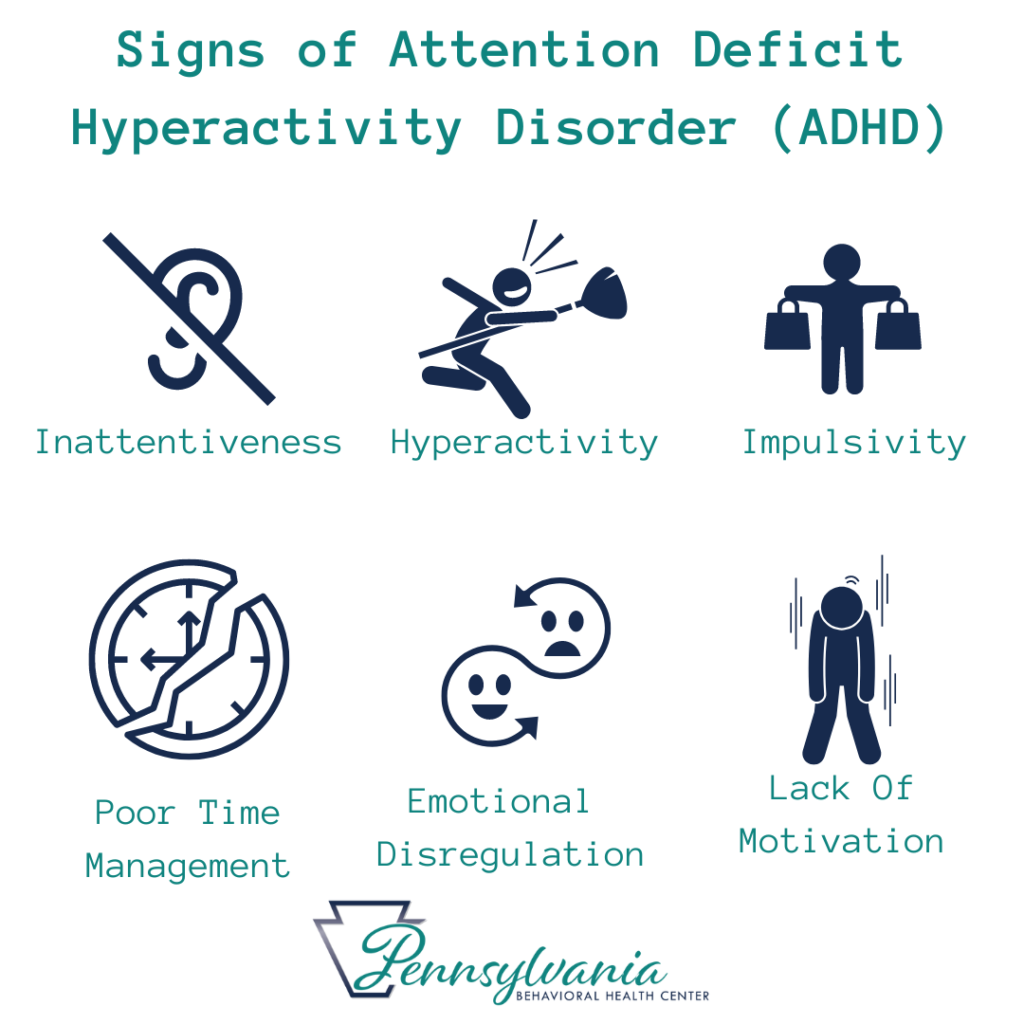The Advantages of Personalized ADHD Treatment Strategies for Better Outcomes
The application of tailored ADHD therapy strategies has become a crucial technique in boosting healing outcomes for individuals impacted by this condition. By acknowledging the unique symptoms of ADHD in everyone, these tailored treatments promote greater engagement and motivation, eventually causing more efficient coping methods. This customized strategy not just addresses academic and work difficulties yet additionally cultivates boosted social relationships and overall lifestyle. The real degree of these benefits raises essential questions about the specific parts that add to long-term success and exactly how they can be enhanced for diverse populations.
Recognizing ADHD Irregularity
Although Attention-Deficit/Hyperactivity Disorder (ADHD) is commonly perceived as a particular condition, its symptoms can differ considerably amongst people. Gender differences likewise play a duty, as males are much more regularly diagnosed with ADHD and typically present extra overt signs, whereas ladies might present with much less obvious inattentiveness.
In addition, people with ADHD might experience a spectrum of emotional and behavioral obstacles, such as anxiousness or opposite defiance, that can complicate diagnosis and therapy. It is additionally worth keeping in mind that ADHD can provide in a different way across various cultural contexts, influencing how symptoms are identified and resolved.
Secret Components of Personalization
Individualized ADHD treatment plans are based in a number of essential components that make certain efficient management of the disorder. Initially, a detailed assessment is critical, including standardized rating ranges, interviews, and behavioral observations. This thorough examination enables medical professionals to understand the person's unique signs and symptoms, strengths, and obstacles.
Second, the participation of multiple stakeholders, consisting of moms and dads, instructors, and the person, adds to an alternative view of the individual's needs. Collaboration promotes a supportive atmosphere that can adapt to the individual's context and way of living.
Third, treatment strategies need to be flexible and versatile, permitting adjustments based upon continuous responses and the individual's advancing demands. This adaptability makes it possible for the integration of various restorative methods, such as behavior interventions, psychoeducation, and medication administration.
In addition, social and contextual factors need to be considered. Acknowledging the person's history, worths, and choices guarantees that the treatment is appropriate and considerate.
Last but not least, regular follow-ups and assessments are necessary to monitor progress and make required modifications. By concentrating on these crucial elements, individualized ADHD therapy strategies can dramatically boost the effectiveness of treatments, leading to improved outcomes for individuals with ADHD.
Boosted Involvement and Inspiration
To properly advertise boosted interaction and inspiration in individuals with ADHD, it is necessary to include approaches that reverberate with their rate of interests and staminas. Customized treatment plans that straighten with a person's interests can bring about raised engagement in restorative activities, fostering a sense these details of possession and interest for the process.
Utilizing interactive and imaginative techniques can likewise considerably enhance inspiration. For instance, including gamification aspects or real-world applications of skills can make tasks more enticing and pertinent. This not only records interest yet also enhances learning via pleasurable experiences.
Moreover, establishing attainable and significant goals customized to the person can boost motivation. this hyperlink When people see their development in the direction of personally substantial purposes, they are more probable to stay engaged. Routine feedback and acknowledgment of success can even more suffer motivation, creating a positive feedback loophole that encourages ongoing effort.
Finally, fostering an encouraging environment where individuals feel recognized and valued can substantially impact their involvement levels. When treatment plans are created collaboratively, incorporating input from the individual, they are more likely to really feel bought their trip, inevitably resulting in enhanced results in handling ADHD.
Improved Coping Methods
Creating boosted coping approaches is vital for individuals with ADHD, as it equips them with effective tools to browse daily difficulties. An individualized treatment plan enables the recognition of particular coping mechanisms tailored to the person's special requirements and circumstances - ADHD treatment. Techniques such as mindfulness, time administration skills, and organizational methods can be incorporated into day-to-day routines, fostering a sense of control and decreasing anxiousness
Mindfulness techniques, consisting of meditation and deep-breathing workouts, assistance people with ADHD focus their focus and regulate their emotions. Time management techniques, such as utilizing timers or damaging jobs right into smaller sized, manageable steps, can minimize feelings of bewilder. Additionally, organizational tools like planners and lists can improve efficiency and liability.
Lasting Favorable Outcomes
Executing personalized ADHD treatment plans can bring about considerable long-term positive end results for individuals. These tailored methods, which take into consideration distinct signs, preferences, and life scenarios, different types of counselling promote a lot more effective monitoring of ADHD signs and symptoms over time. By concentrating on the certain demands of the person, these plans boost adherence to therapy procedures and foster higher involvement in healing activities.

In addition, individualized treatment strategies can substantially decrease the threat of comorbid problems, such as anxiety and clinical depression, which are commonly related to ADHD. Early treatment and consistent assistance help people develop strength and coping methods, promoting total mental wellness.
Inevitably, the long-term favorable end results of customized ADHD therapy plans not only boost the quality of life for people yet likewise add to their total well-being and success in different life domain names. This all natural approach highlights the relevance of individualized care in handling ADHD successfully.
Conclusion
